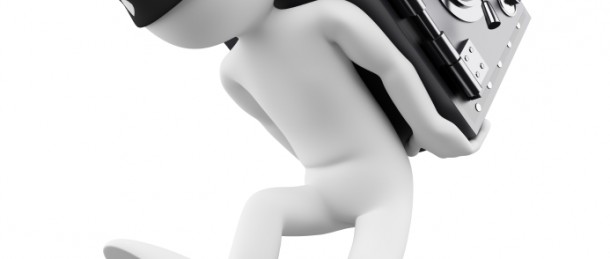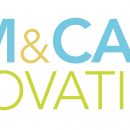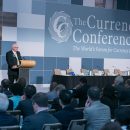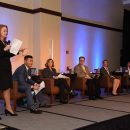Will A Cashless Society Make Us More Dishonest
09 June, 2013
Will a cashless society make us more dishonest? This is an interesting concept and one I suspect will be met with suspicion by some of you – or perhaps most of you. Without some empirical research to support the claim I would dismiss the thought entirely. However, when you consider that research has proven that the vast majority of people will cheat a little bit when there is personal gain and we can still feel good about ourselves, the concept becomes perhaps a bit more believable.
I have long been a fan of the TED Talks. For those of you unfamiliar with TED (Technology, Entertainment and Design) it is a nonprofit devoted to Ideas Worth Spreading. It started out (in 1984) as a conference bringing together people from three worlds: Technology, Entertainment, Design. Since then its scope has become ever broader. Along with two annual conferences — the TED Conference on the West Coast each spring, and the TEDGlobal conference in Edinburgh UK each summer — TED includes the award-winning TED Talks video site, the Open Translation Project and TED Conversations, the inspiring TED Fellows and TEDx programs, and the annual TED Prize.
On a recent driving trip I listened to a TED Talk entitled “The Buggy Brain”. In particular one section of the presentation given by Behavioural Economist Dan Ariely caught my interest relative to a cashless society and it’s possible correlation to dishonesty. Dan studies the bugs in our moral code: the hidden reasons we think it’s OK to cheat or steal (sometimes). Clever studies help make his point that we’re predictably irrational — and can be influenced in ways we can’t grasp. One study he conducted was to measure the willingness of people to cheat. He offered two groups the opportunity to solve twenty simple mathematical problems, but did not give them enough time to finish the test. Both groups were told they would be paid one dollar for every answer they got correct. The first group was told to turn in their answers so they could be graded and paid. On average people received four dollars. The second group was allowed to shred their test and simply collect the money for the answers they said they got correct. On average these people received seven dollars.
How does this test relate to a cashless society making us more dishonest, you ask. Dan went further in his research and performed the same test described above, except this time he divided the people into three groups. The first two groups were paid in dollars, either by submitting their tests or shredding them and telling the researchers how many they got right. The third group was paid in tokens, which could later be exchanged for dollars (this is where I feel there is an extrapolation to a cashless society). In the third group, the cheating doubled to fourteen dollars!
I realize that it is a bit of a stretch to correlate this experiment with dishonesty in a cashless society. The reason for writing this article was simply to get the reader to think about the implications. If hard dollars were involved, people cheated a little bit. If tokens were involved, the cheating doubled. What will be the impacts to global honesty if we exterminate hard currency? I invite you to view Dan’s talk below and make your own decision. If you do not want to watch the entire 16 minute video, you can fast-forward to the relevant experiment, starting 4 minutes and 20 seconds into his presentation.










